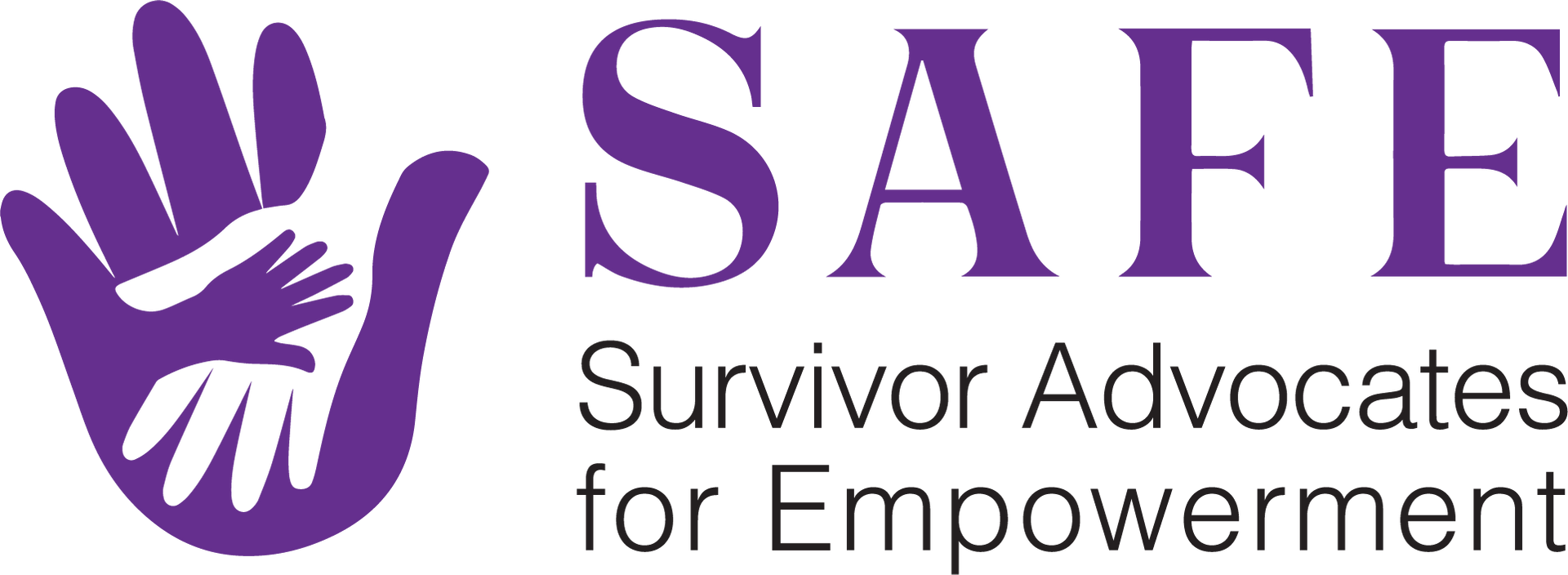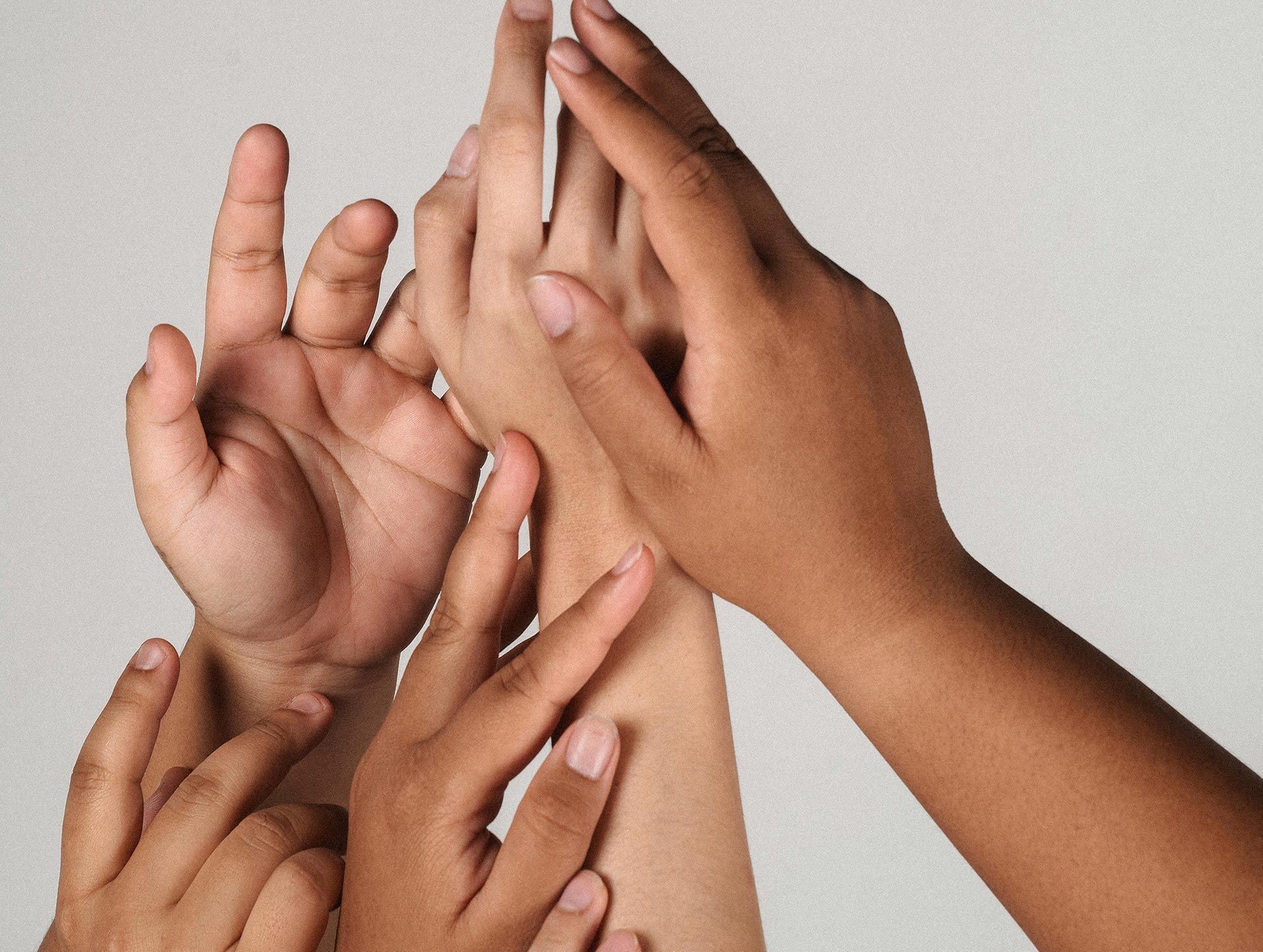SAFE Voices is a compassionate, survivor-led peer support program designed for women who are leaving or have left abusive relationships. This program, developed by SAFE, provides a safe, understanding environment where participants can share their experiences, gain support, and work towards reclaiming their lives.
The program is highly adaptable, offering both in-person and virtual sessions to meet participants' needs and ensure accessibility. Originally structured as an eight-week course, SAFE Voices can be condensed into a four-to-eight-week format based on the requirements of the hosting organization. Each session includes participant check-ins, informative discussions on relevant topics, material handouts, and check-outs to provide closure and reflection. To celebrate their progress, participants are awarded a certificate upon completion, honoring their journey towards recovery and independence.








